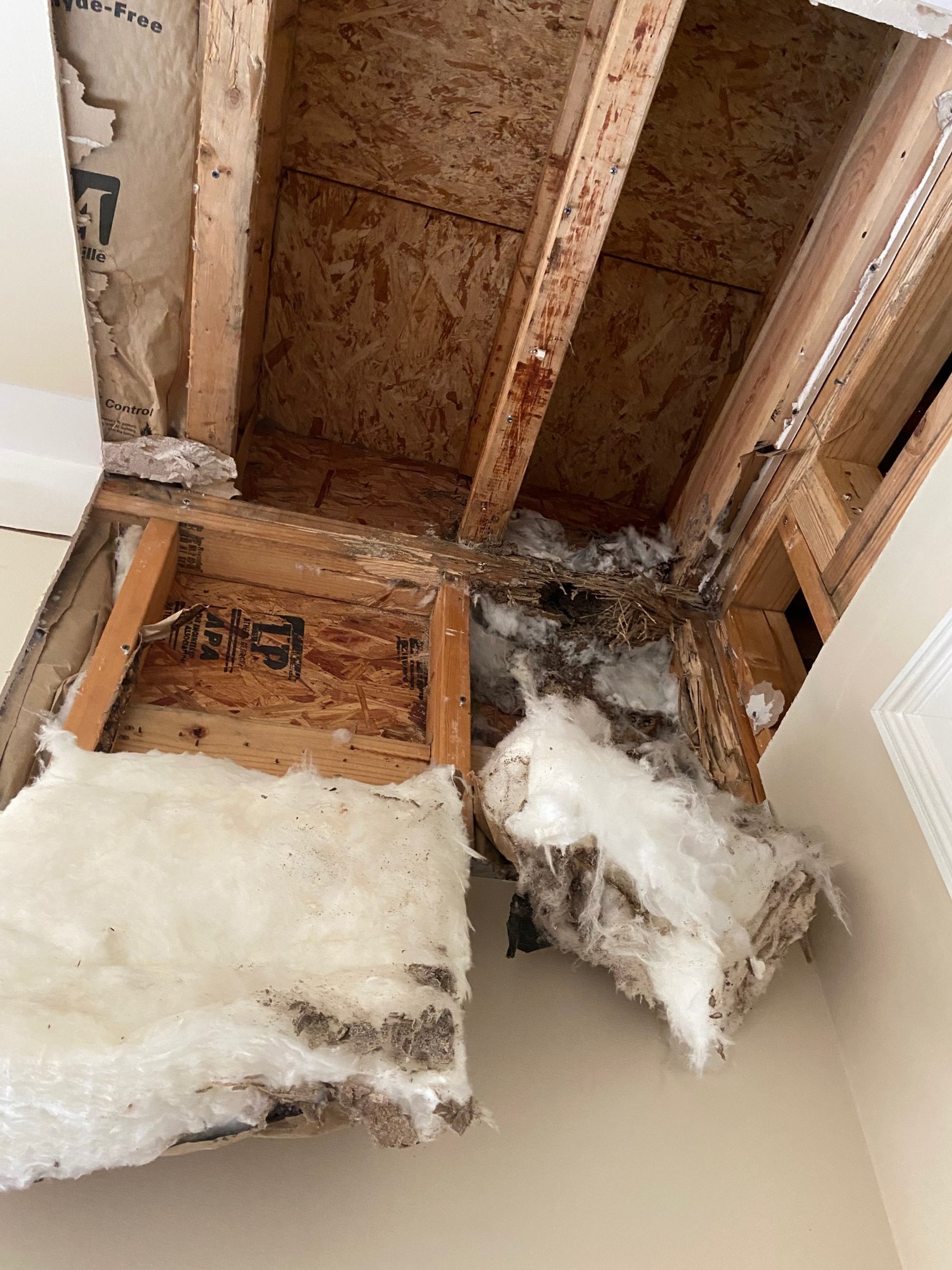Termite Bond Claims in Charleston
Chakeris Law Firm provides a free preliminary inspection of your property and review of your termite records if we believe we can help you with your termite bond claim.
TYPES OF TERMITE BONDS:
Repair Bond (Maximum Termite Protection)
A termite repair bond will pay for the cost to repair termite damage that occurs during the time the bond is in effect. This bond has a maximum limit of money it will pay for termite damage and this coverage limit can vary depending on the termite company providing the bond.The bond must be reviewed carefully prior to bringing a claim because the exclusions allowing for claim denial can vary amongst termite companies.
Service Retreatment Bond (Provides no Financial Protection)
A service retreatment bond provides no financial protection. This bond typically provides that if live termites are found during the time the bond is in effect, the termite company will provide additional termite treatment at no cost to kill the active termites. Sometimes people unknowingly purchase this type of bond because this is the only type of bond the particular termite company offers or they mistakenly believed they had better protection then the bond offers.
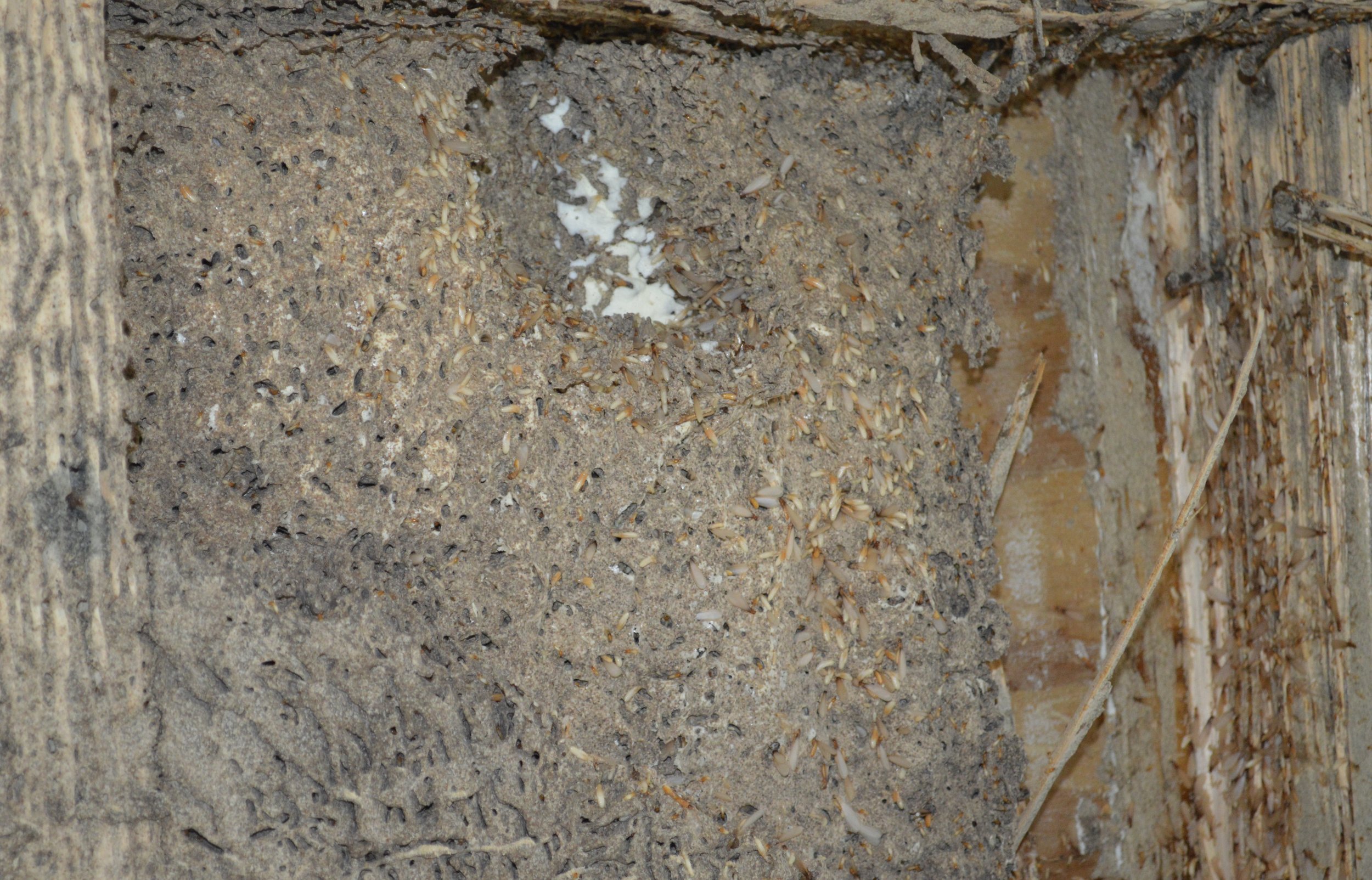
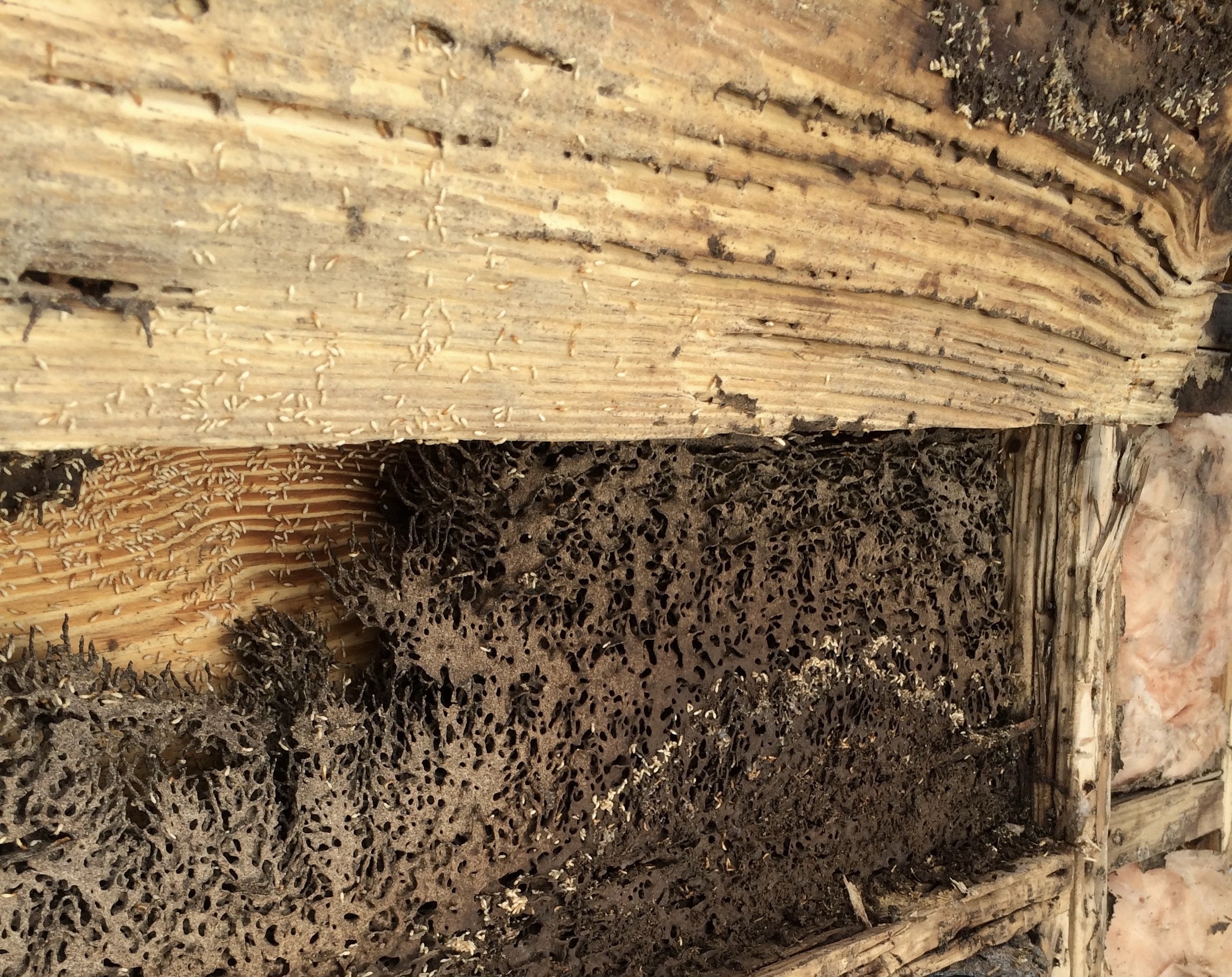
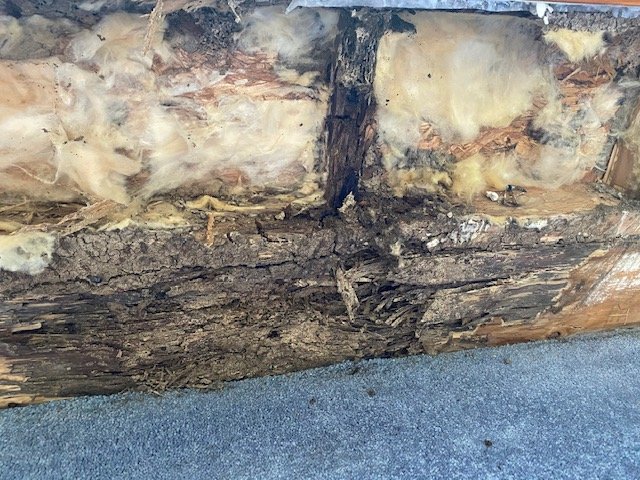
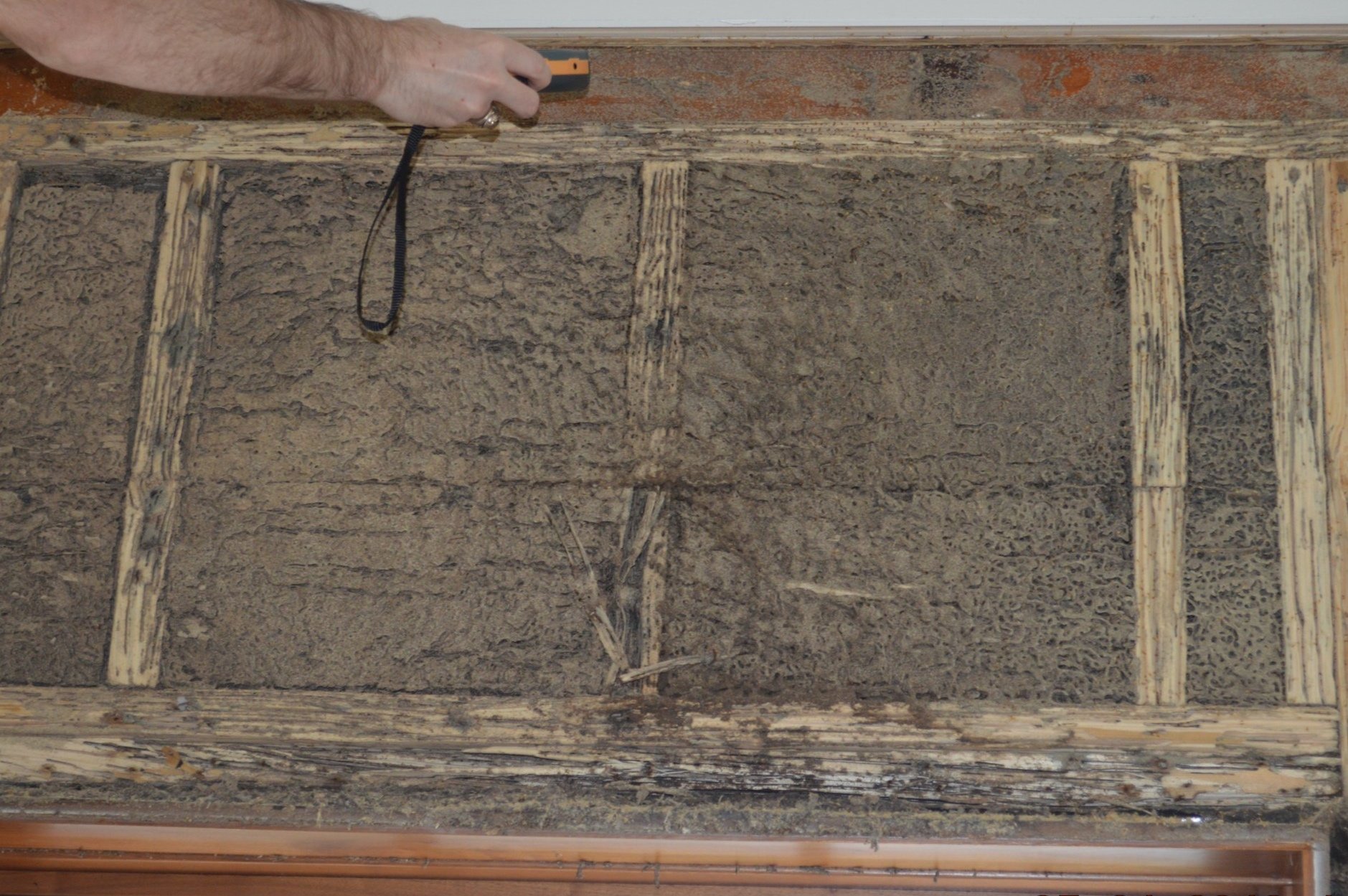
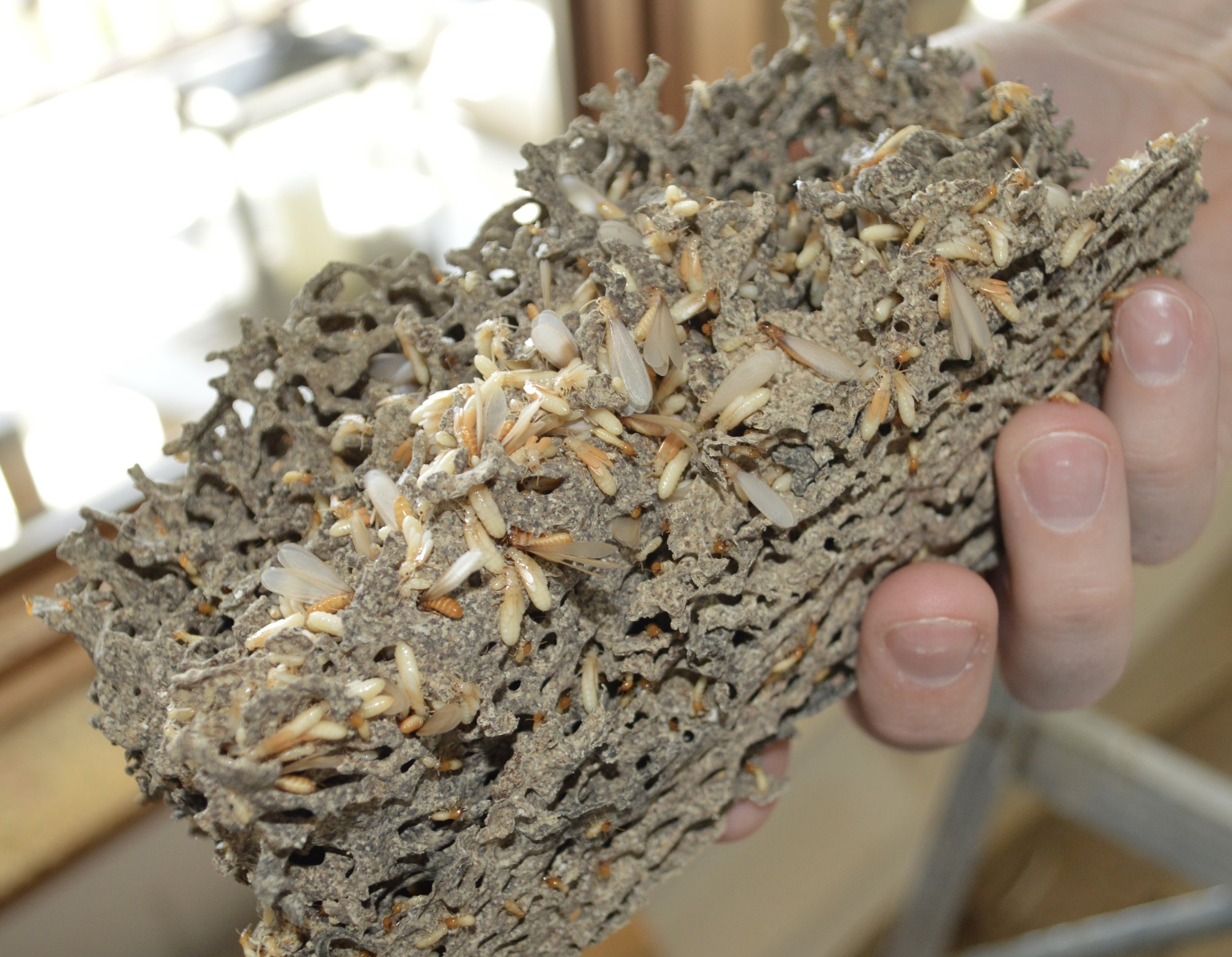
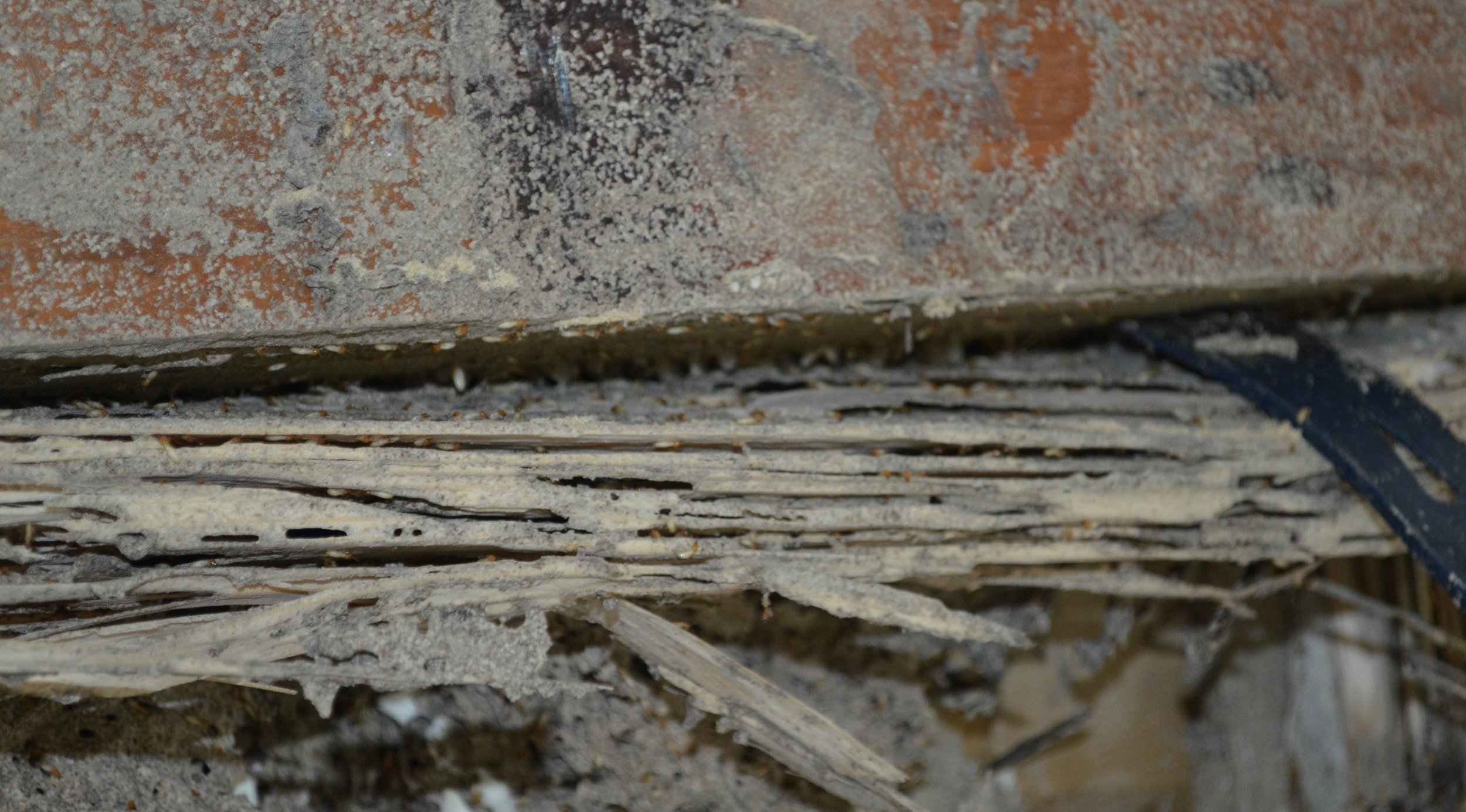
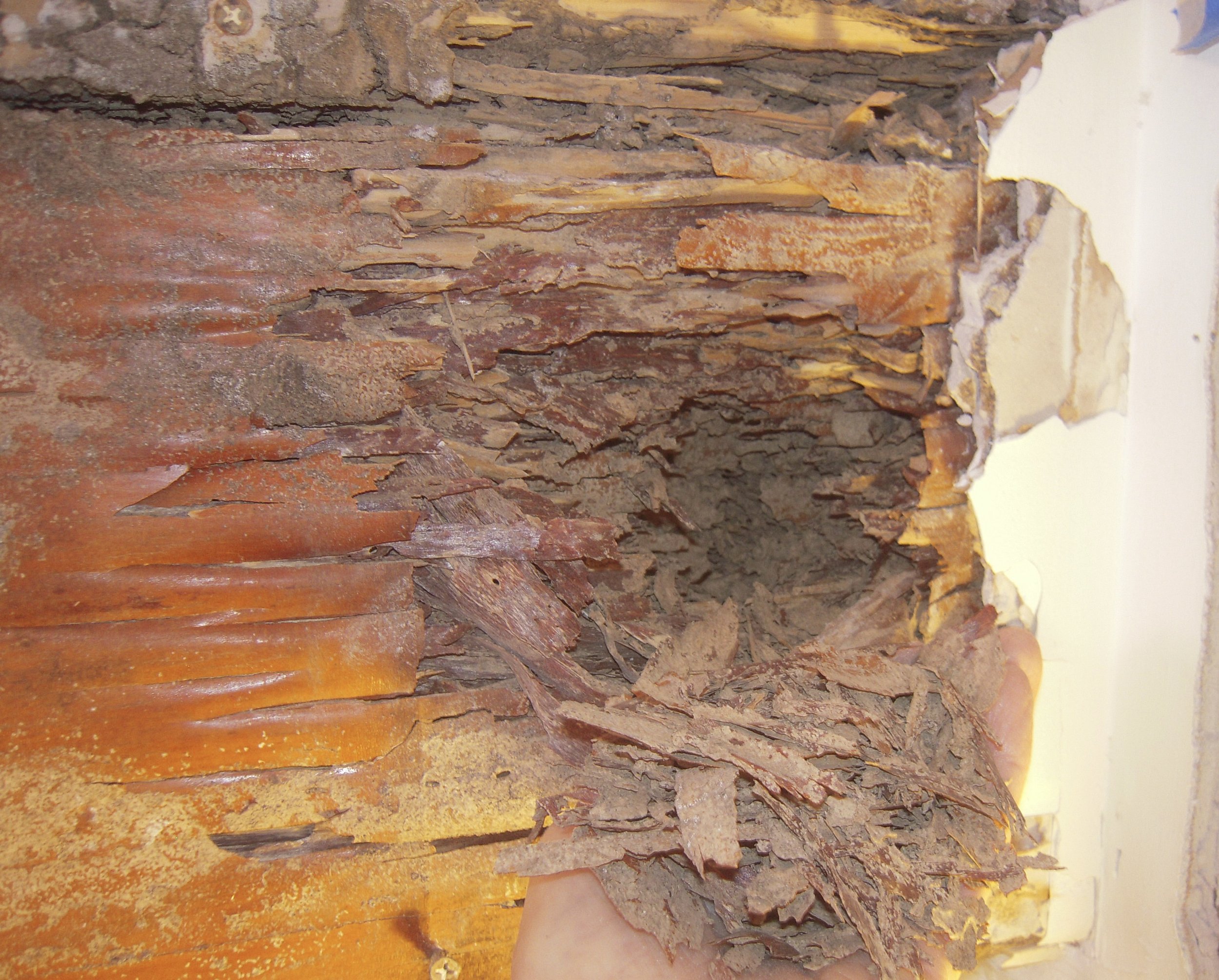
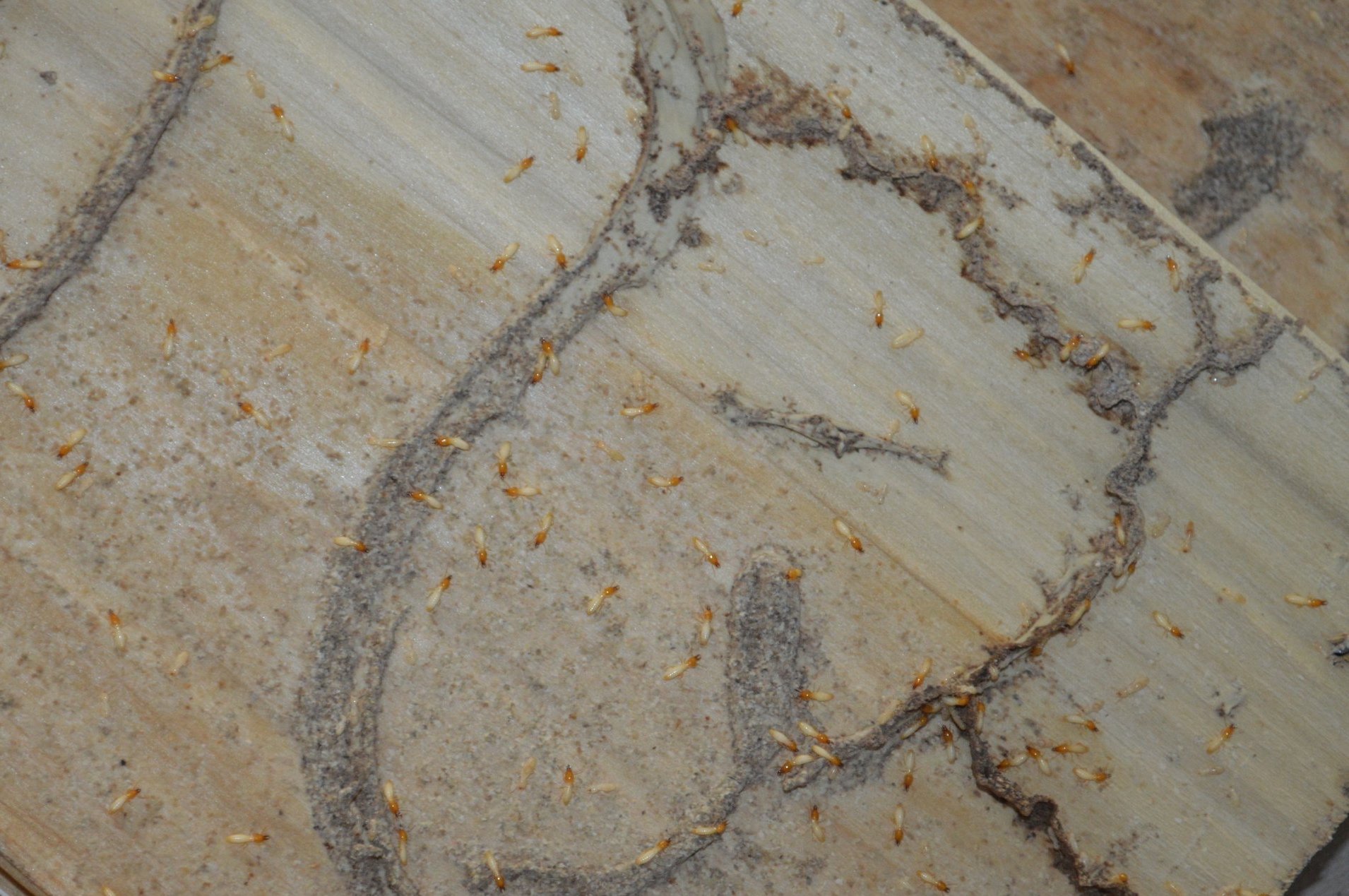

MOST FREQUENT REASONS TERMITE CLAIMS ARE DENIED:
Aerial Infestation Denial (Termites fly in as opposed to coming up from the ground)
An aerial termite infestation means the termites flew into the property. By flying into the property, the termites avoid the termiticide applied into the soil which poisons them. This is the most frequent basis we see for denying a termite bond claim. If a termite infestation is truly aerial and airborne in nature, this is a proper basis for a termite company to deny a termite bond claim. Nearly every time our firm has investigated a claim of an aerial or airborne infestation, we have concluded and prevailed in proving that the infestation was not aerial. We believe these wrongful claim denials are either a result of inexperienced termite technicians, lack of proper training and, in some instances, unscrupulous conduct by the termite company.
Water Intrusion and Moisture Denial
Termite bonds have a water intrusion and moisture exclusion. Therefore, if there is a leak of any type, including anything from a plumbing leak to a window leak, then the termite bond claim is frequently denied on this basis. The reason this exclusion exists is that termites need moisture to survive and thrive. If the termite colony is being provided a moisture source to thrive, then the termite company may believe it should not be responsible. This may or may not be true. However, if the termite infestation initially occurs because of a failure or defect in the treatment allowing the termites to enter the property, the termite company should be responsible for the termite damage from their improper or defective treatment regardless of whether there is a moisture source or not. The reason is that but for the defective treatment, the termites would not have been able to enter the structure.
